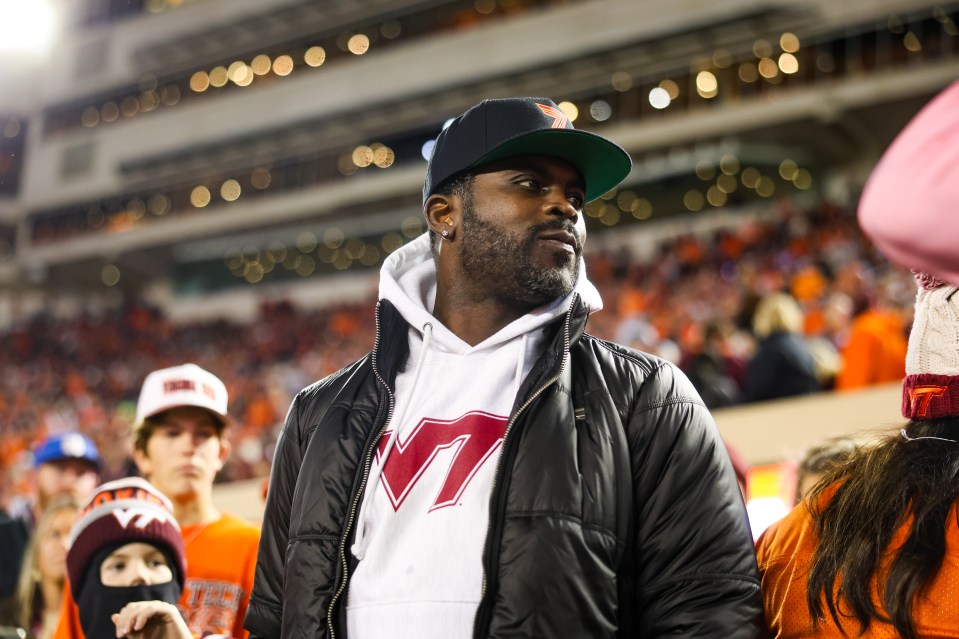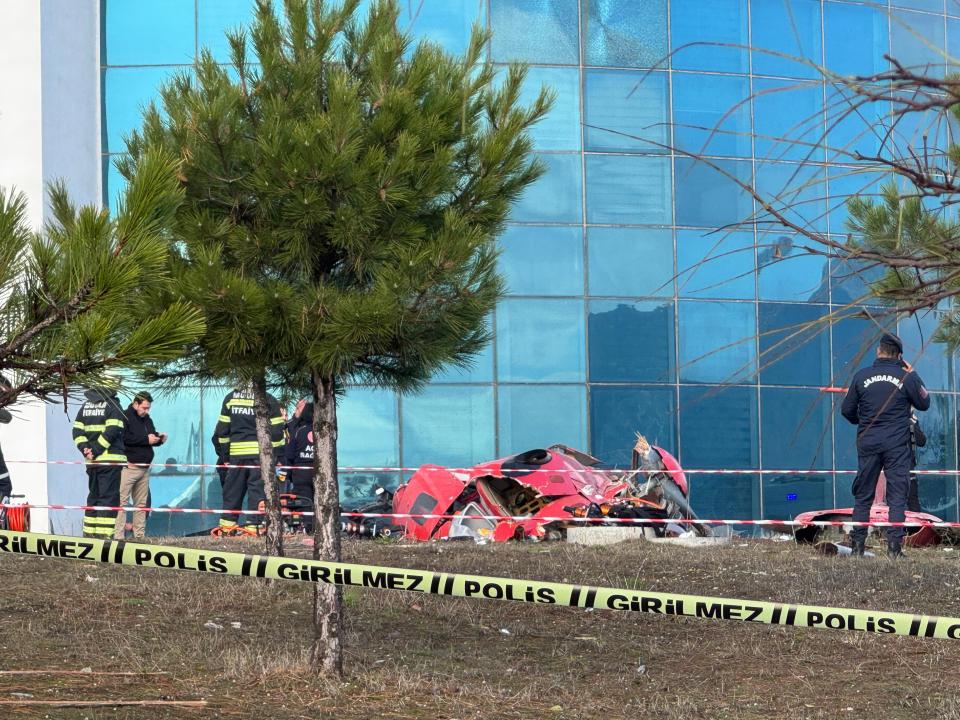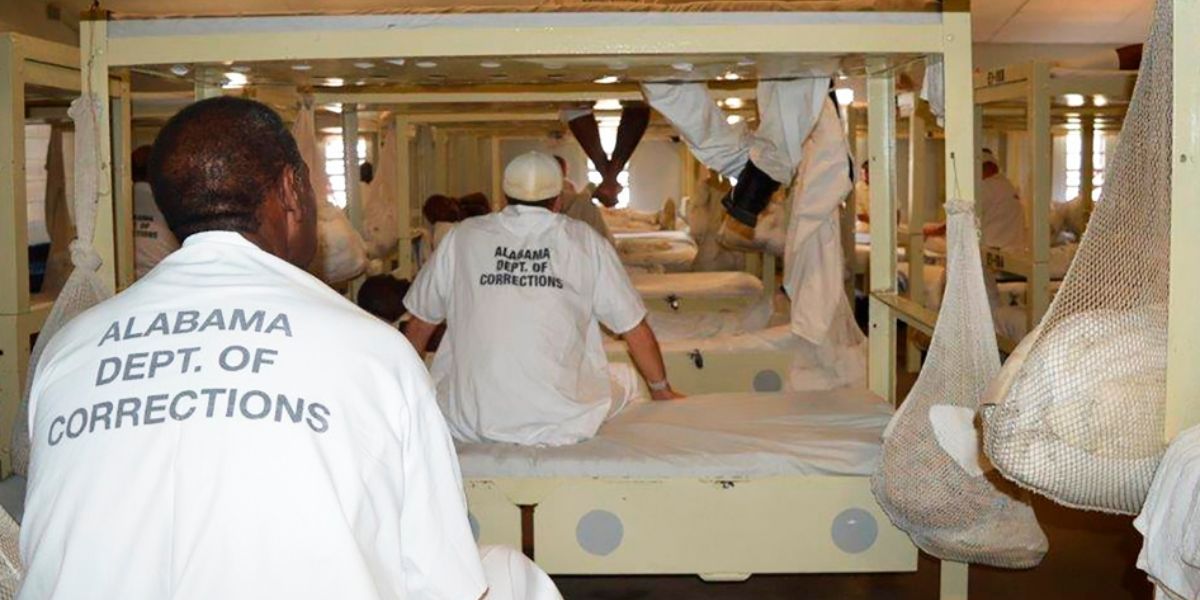Amidst Organ Theft Allegations, UAB Terminates State Prison Autopsy Agreement; RIGHT or WRONG?
UAB institution’s pathology department will no longer perform autopsies on deceased state convicts after terminating its contract with the Alabama Department of Corrections, the institution announced Monday.
UAB’s decision comes after the hospital was sued last month by the relatives of five deceased state prison inmates, who accused the state’s largest hospital of stealing organs from convicts during autopsies.
WHEN EVERY SECOND COUNT! A Mother’s Fight for Answers After Tragedy Strikes Mid-flight
“While the UAB Department of Pathology has been in compliance with laws governing autopsies to determine the cause of death of incarcerated individuals under the appropriate clinical standard – and a panel of medical ethicists reviewed and endorsed our protocols regarding autopsies conducted for incarcerated persons – we have terminated our contract with the Alabama Department of Corrections and no longer perform autopsies for ADOC,” Mond said in a statement.
“UAB has one of the highest ranked pathology programs in the country, is accredited by the College of American Pathologists, and is staffed by credentialed physicians who are certified by the American Board of Pathology.”
The hospital refuses to comment beyond its statement.
Lauren Faraino, an attorney representing numerous families suing the hospital, stated that the contract’s termination did not influence the existing case.
“The termination of the UAB/ADOC contract does not affect the pending lawsuits. “The damage to those families has already been done,” she stated. “The law required medical examiners to get proper consent for organ removal during autopsies, and UAB did not.”
SHOCKING ARREST! Ex-cop Arrested After Fatal Shooting of Lyft Driver Amid Kidnapping Fear
Families allege their loved ones perished while serving time at Limestone Correctional Facility or The Hamilton Aged and Infirmed Center. The inmates all died during the last few years and had their autopsies performed by UAB.
According to the separate complaints, after their autopsies, the convicts’ bodies were transported to funeral homes, where funeral directors discovered they were missing organs. One inmate was sent straight to a private autopsy, where a pathologist made the same discovery.
The complaints say that the university took and retained detainees’ organs without the approval of their next of kin.
Multiple prison officials said in a federal court hearing earlier this year that all prisoners who die while in jail have an autopsy performed. Some of these autopsies are performed at UAB, while the remainder are performed at the state level by the Alabama Department of Forensic Sciences.
According to the lawsuits, none of the five families permitted UAB to preserve the organs.
The families of Arthur Olen Stapler, Jim William Kennedy, Anthony Perez Brackins, Kelvin Lamar Moore, and Charles Singleton are suing the Alabama Department of Corrections, the University of Alabama system, which runs the University of Alabama at Birmingham and its medical school, and others associated with those institutions. All families allege they attempted to contact UAB’s Pathology Department after discovering the organs were missing but received various responses as to why the organs were retained.
Two of the families received their loved ones’ organs back from UAB.
The family of Kelvin Moore, who died last summer, stated that they received a “sealed red bag with a container inside that (UAB) claimed contained Kelvin’s organs.” According to the lawsuit, a supervisor in the pathology department informed them that it was UAB policy “not to return organs to families after an autopsy.”
The family of Arthur Olen Stapler hired a private pathologist who recovered some of Stapler’s organs from UAB, but not all.
According to the Kennedy family’s lawsuit, a spokesperson from UAB stated: “UAB Defendants’ Department of Pathology takes organs ‘all the time.'” According to the family, someone in the pathology department told them that “UAB is a teaching institution.” And every teaching institution that performs autopsy keeps the organs.
A flurry of lawsuits was filed after another former prisoner’s family sued in federal court, claiming that their loved one, Brandon Clay Dotson, was returned without his heart. Nobody has said where the heart is.
The Boston family’s lawsuit was dropped late last month, and the family has yet to learn where the missing heart is. U.S. District Judge for the Northern District of Alabama, Madeline Hughes Haikala, dismissed the case after the family and the state “filed a joint stipulation of dismissal.”










